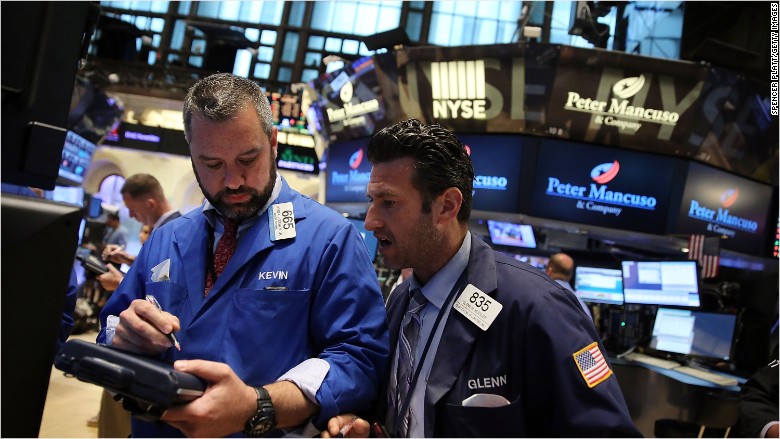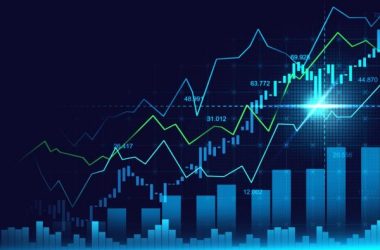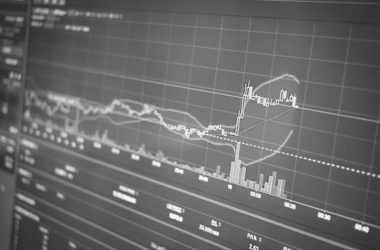Pre-market trade is under the electronic communication network or ECN and it depends on the brokers. Your broker is your biggest influence for you to decide the exact value of pre-market trading as it unofficially starts from four in the morning. It is around eight in the morning that the actual pre-half past nine. But, before that, the market always prepares itself on a very paramount basis.
Benefits of pre-market trade which you should know
If you are interested in pre-market trading, then you need to understand certain important points:-
- You need to know that if you are interested in pre-market trade, then, you can only access it through dark pools and electronic communication networks. The dark liquidity is a very significant factor in the pre-market trading. This is totally a trade going on anonymously in after-hours session and this is the specialty of this market trading.

- There are never actual quotes and there is no specialist who places the market quotes but, yes, through ECNs these market quotes can be shared and the participation is in the mode of ECNs for the impending regular market sessions. The pre-market trade gets prepared until the half past nine, but, before that, the market makers can join. The pre-market trade has lesser liquidity than the regular market hours of trade.
- Moreover, the pre-market trade has lesser risk than the after-hours sessions. The reason behind it is that as the half past nine reaches the pre-market trade it gets mixed with the regular market trading which starts at the same time. This gives the trader and the specialists to participate without being in bright light and rather being out of position.
- The after-hours trading time ends in eight at the night, so, within the time period it can successfully hook up as many traders as possible making the pre-market trade a very significantly delicious one. They lose all the controls until the pre-market session resumes after eight to ten hours. But, one thing should be clearly remembered, it can start off without considering the trader’s position in the previous session.

















